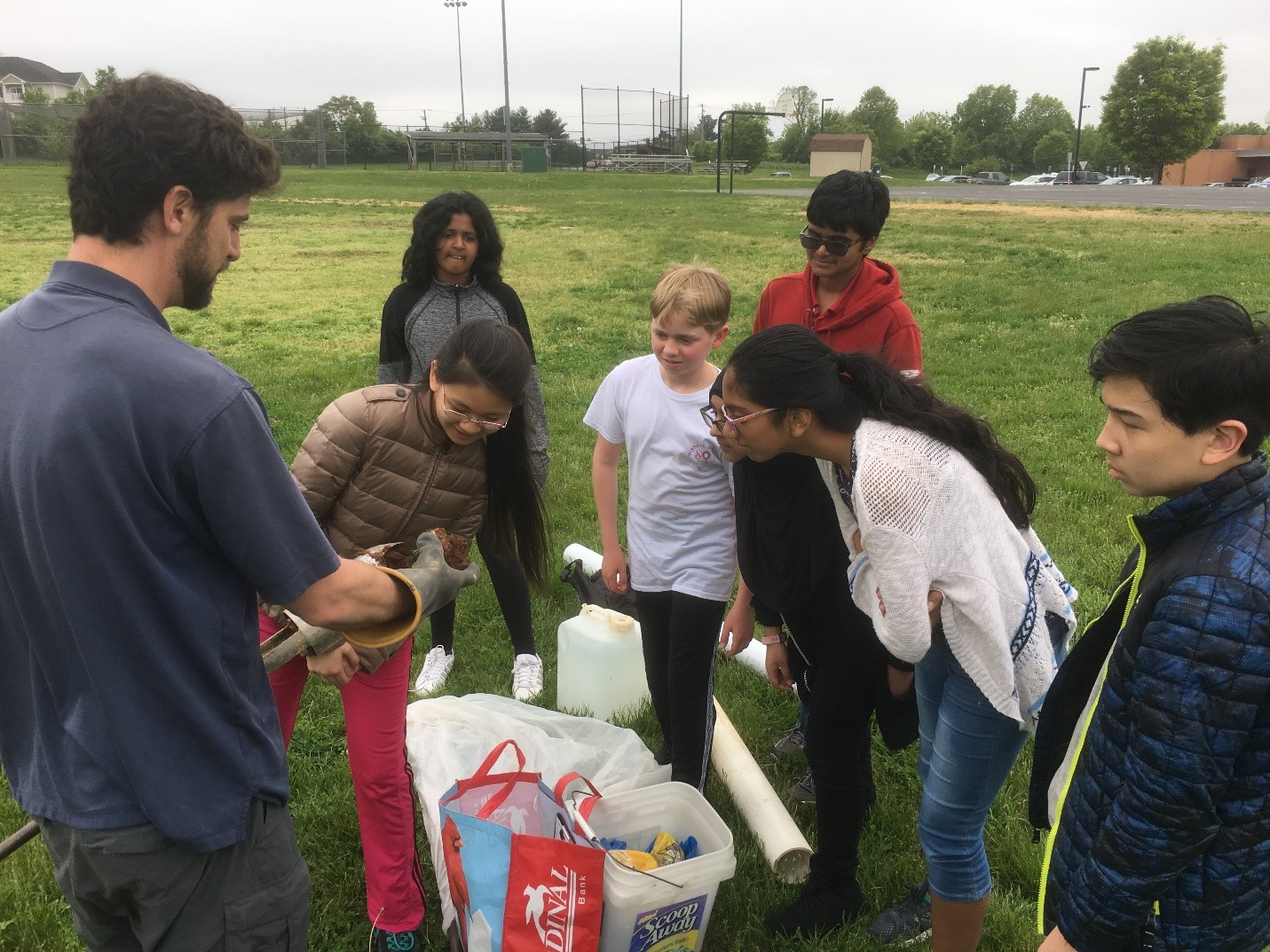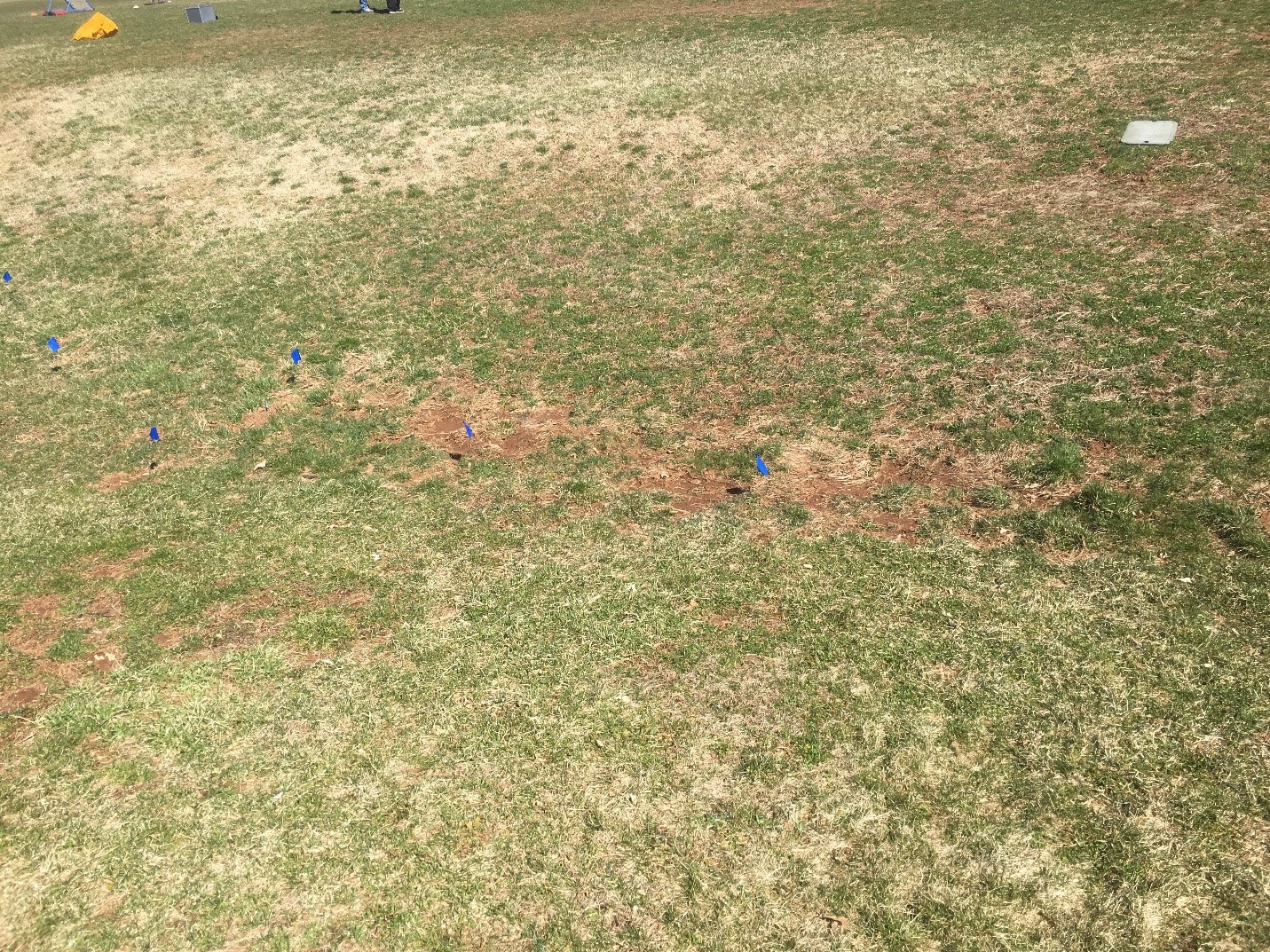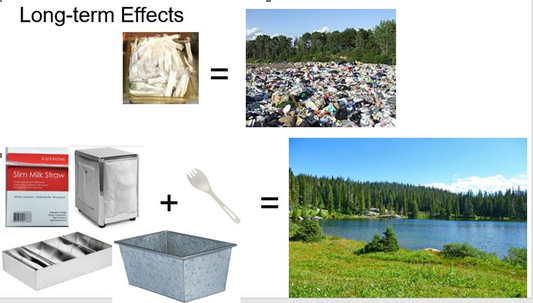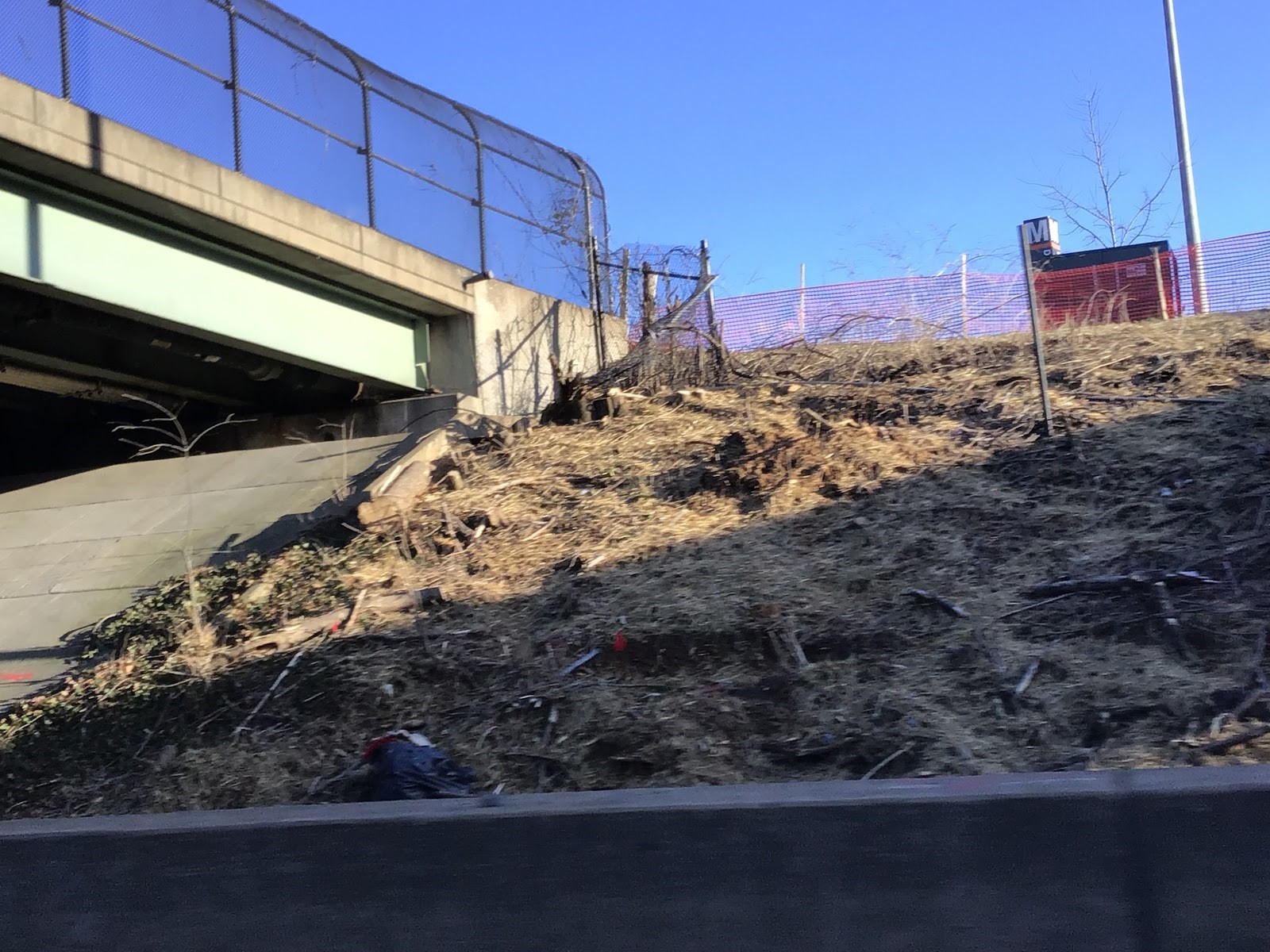2019, Saskatoon, Saskatchewan, Canada
Shaun of Montgomery School in Saskatoon is concerned with the amount of water wasted from letting a household tap run all day. He has a personal connection to this problem: He was born in South Africa and the country experienced severe drought in 2017-18. The City of Cape Town was on the verge of running out of water completely, so the residents there became very innovative about ways to limit water usage.

Shaun saw an online video of a similar project someone in South Africa had made and decided to create his own Soda Tap in order to save on water consumption in his home here in Saskatoon. It is a 2L soda pop bottle with a hole drilled at the bottom and a plastic tube in the hole. When it is squeezed, water comes out of the tube. When you let go of the bottle, the flow stops. If you want continued flow, you can open the cap. To stop the flow, simply close the cap again. Because the bottle is not pressurized, the flow rate is significantly lower than a normal faucet.
Shaun is hoping to make several Soda Taps to take to the lake, the park, and anywhere a small supply of water is needed. He will be showing others how they can make their own as well. This project shows that personal experiences can often pave the way for meaningful projects. “Necessity is the mother of invention.”

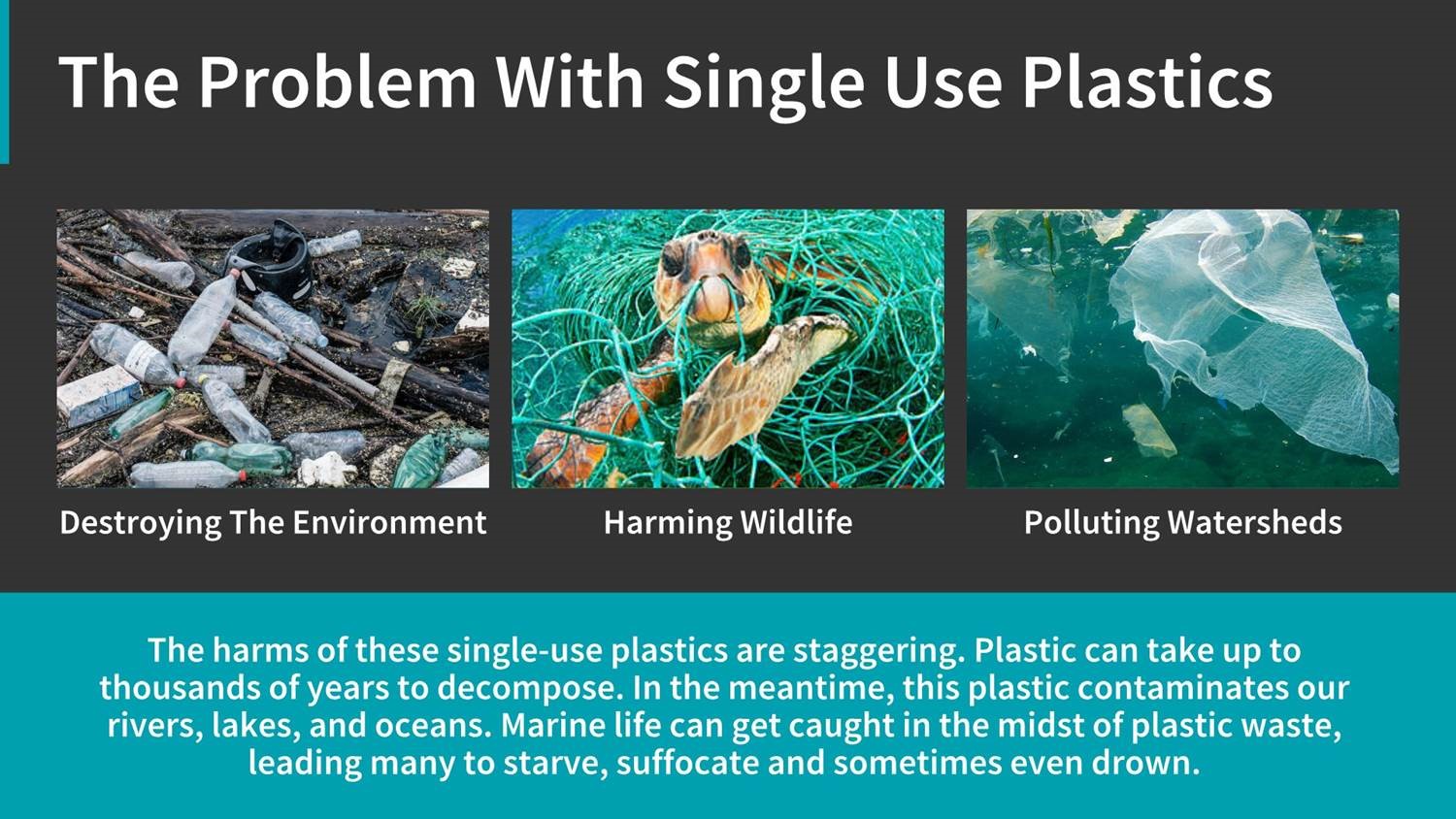

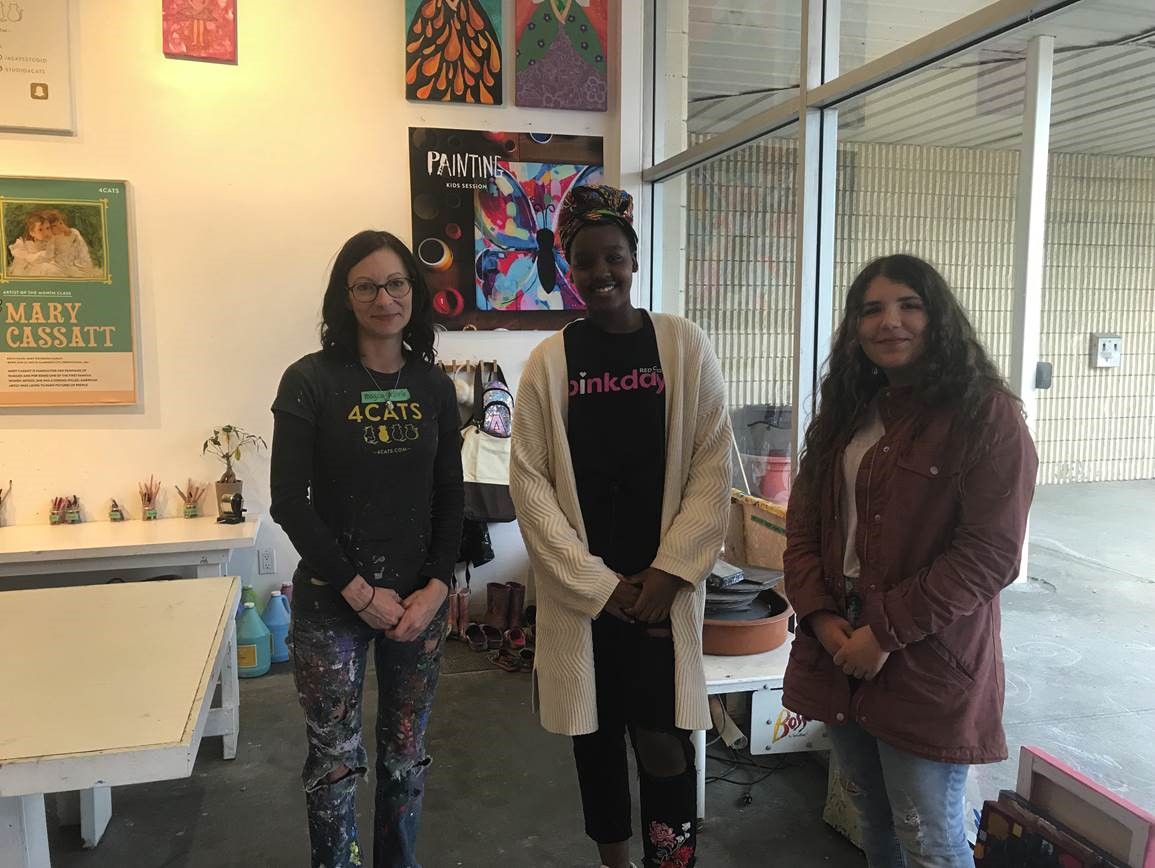
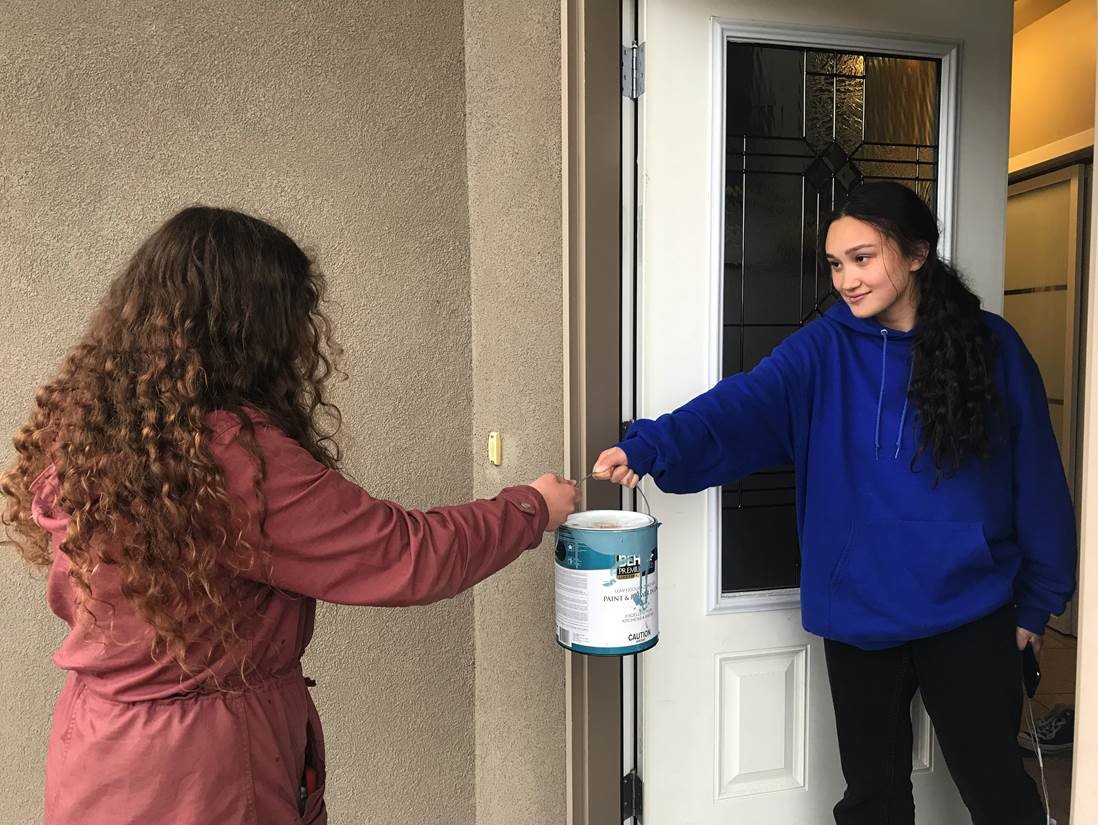
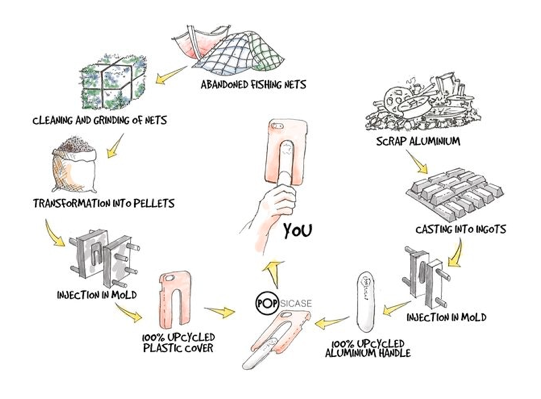
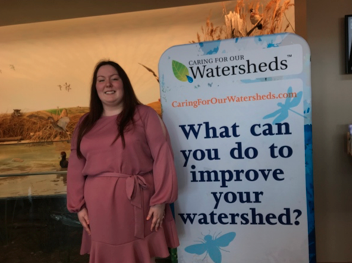
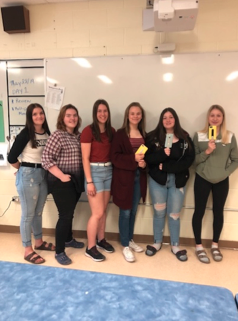


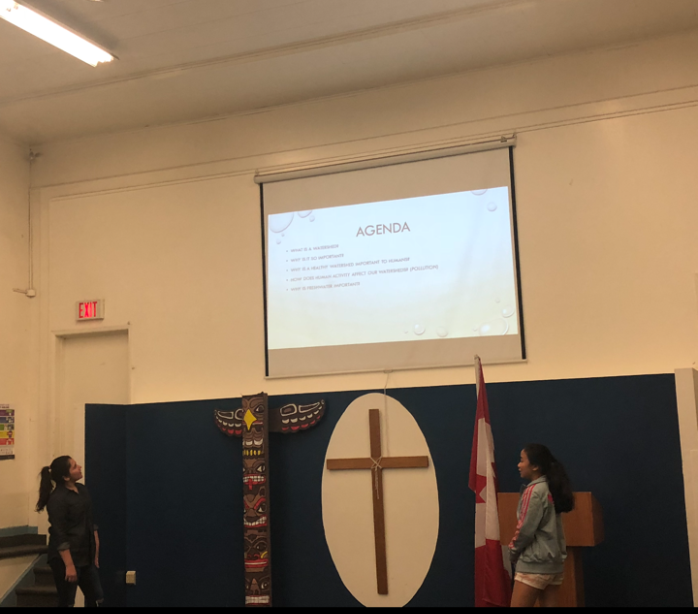 2019, Winnipeg, Manitoba, Canada
2019, Winnipeg, Manitoba, Canada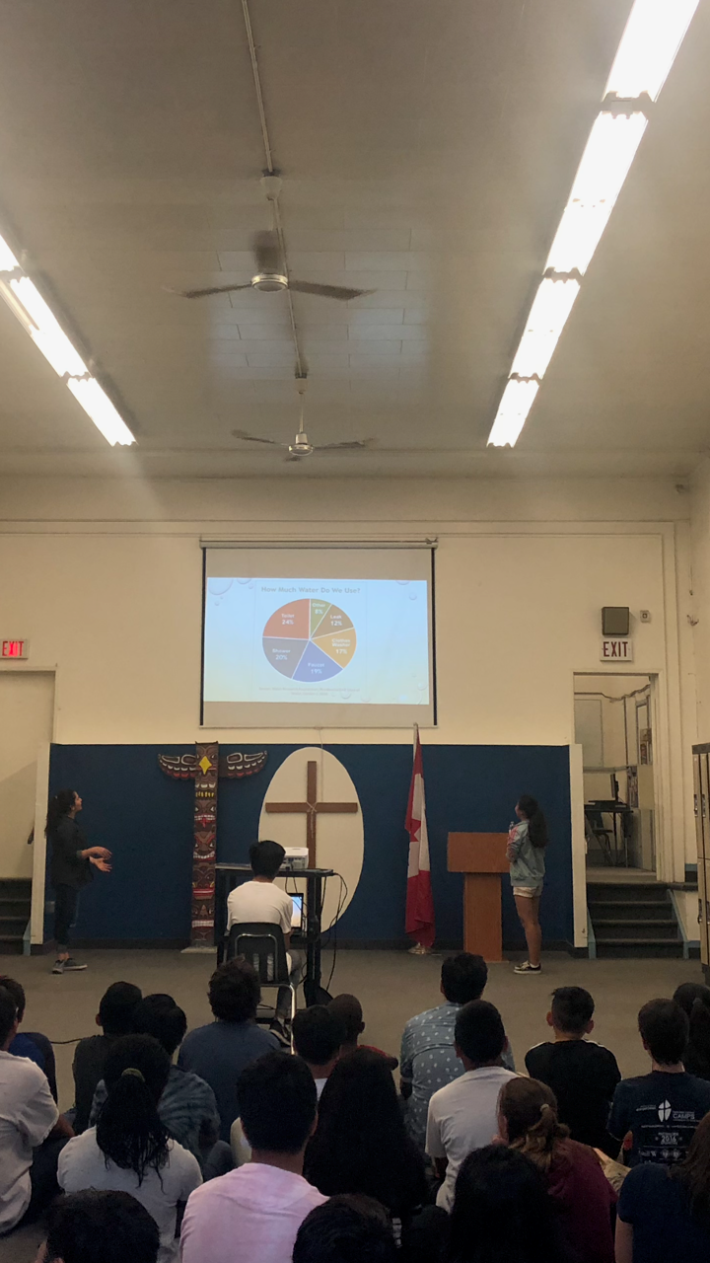
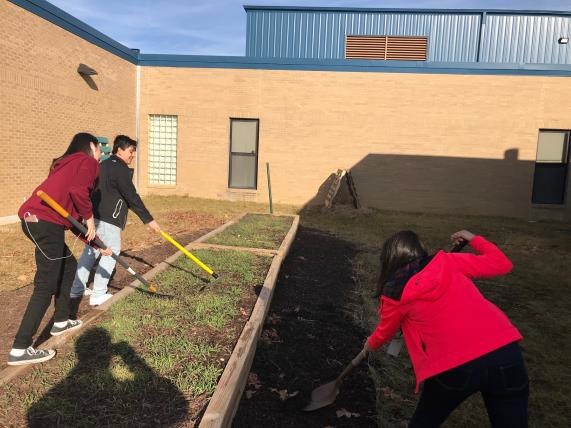 2019, Woodbridge, Virginia, USA
2019, Woodbridge, Virginia, USA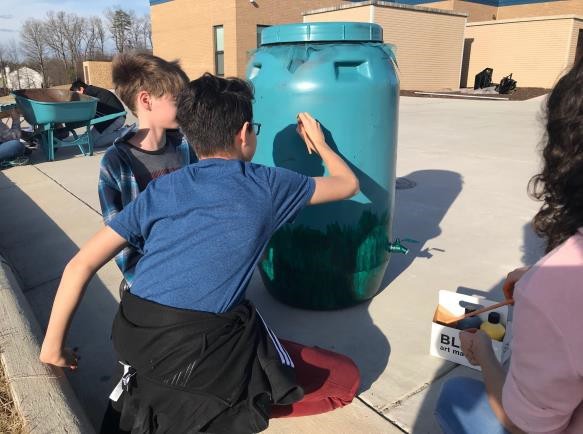
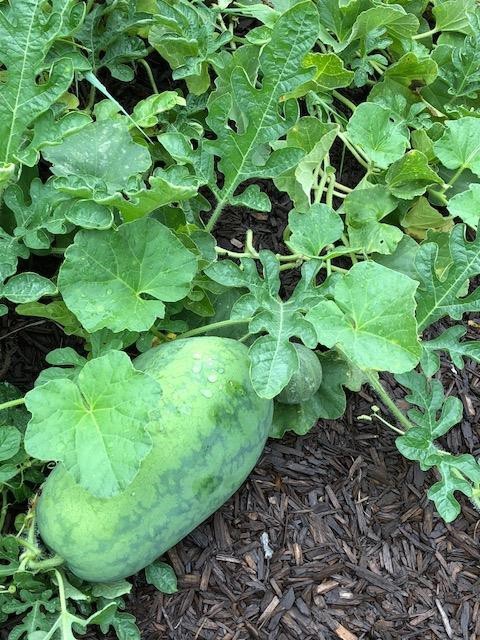 Many of our students are disconnected from nature. In a recent school survey, over 80% of students reported spending less than 15 minutes a day outside. This removal from the outside world impacts how the kids view the Earth and challenges that society faces with environmental issues. The students in the Ecology Club are using this courtyard garden to teach the other students at school about pollution, it’s impact on our water and soil, the importance of pollination and pollinators, biodiversity and where food comes from. It is not a complicated project, but it is profoundly changing how some students will approach their natural world. Their hope is for a cascade effect. They want to clean our local grounds and use that trash to beautify the garden by planting herbs and flowers in it. That it will increase the number of insects and birds in the garden and inspire the humans at school to do the same.
Many of our students are disconnected from nature. In a recent school survey, over 80% of students reported spending less than 15 minutes a day outside. This removal from the outside world impacts how the kids view the Earth and challenges that society faces with environmental issues. The students in the Ecology Club are using this courtyard garden to teach the other students at school about pollution, it’s impact on our water and soil, the importance of pollination and pollinators, biodiversity and where food comes from. It is not a complicated project, but it is profoundly changing how some students will approach their natural world. Their hope is for a cascade effect. They want to clean our local grounds and use that trash to beautify the garden by planting herbs and flowers in it. That it will increase the number of insects and birds in the garden and inspire the humans at school to do the same.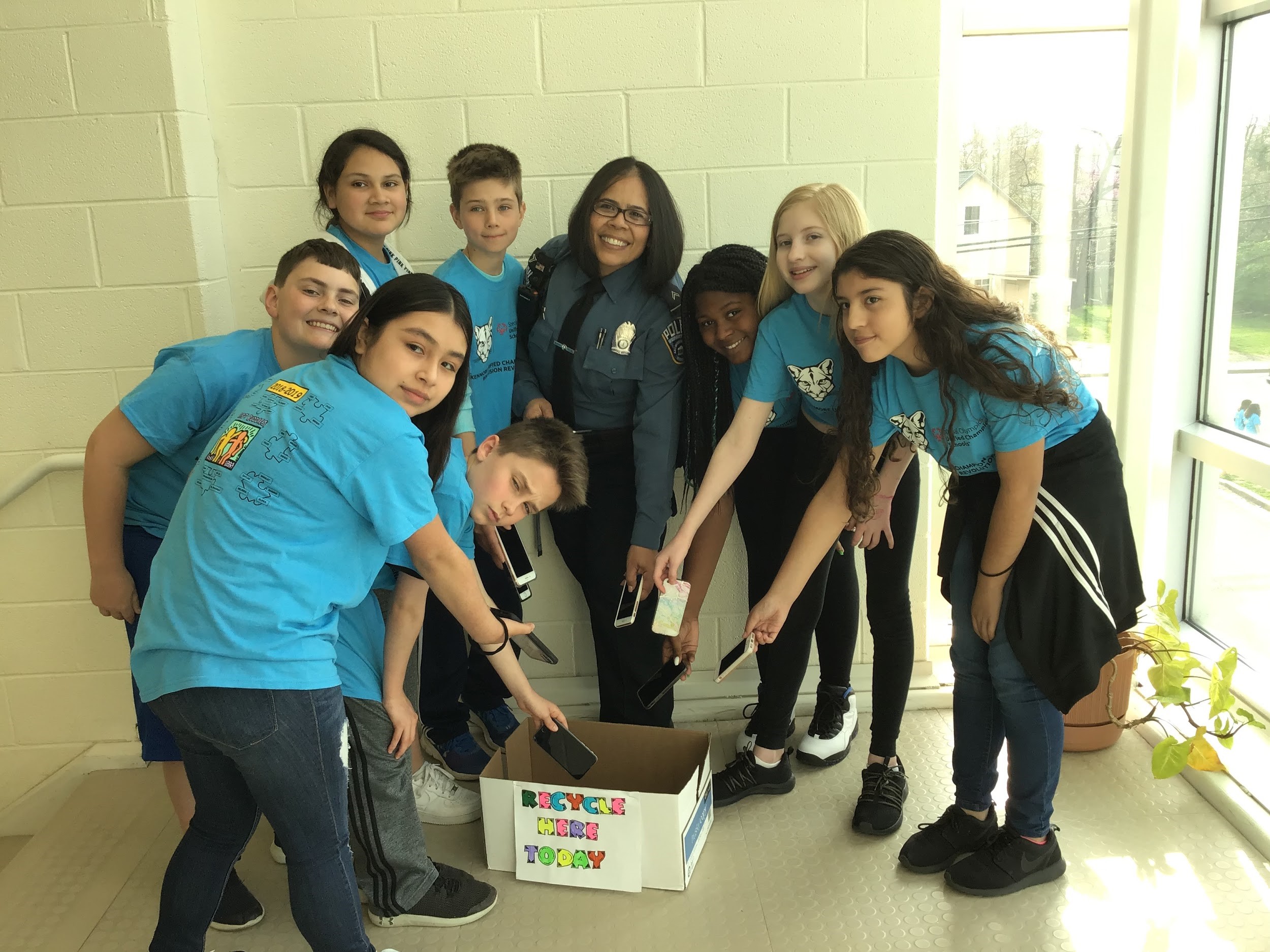 Valeria, Ashley, Iliana, Zaneya, Frank, Emmett, Connor, Jamethiel, Valery, Brady, and Talin were bothered by all the electronic being thrown away. Many contain components that leak toxins into the watershed. They hoped that by collecting unwanted electronics they could repurpose some and safely recycle others.
Valeria, Ashley, Iliana, Zaneya, Frank, Emmett, Connor, Jamethiel, Valery, Brady, and Talin were bothered by all the electronic being thrown away. Many contain components that leak toxins into the watershed. They hoped that by collecting unwanted electronics they could repurpose some and safely recycle others.